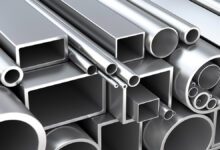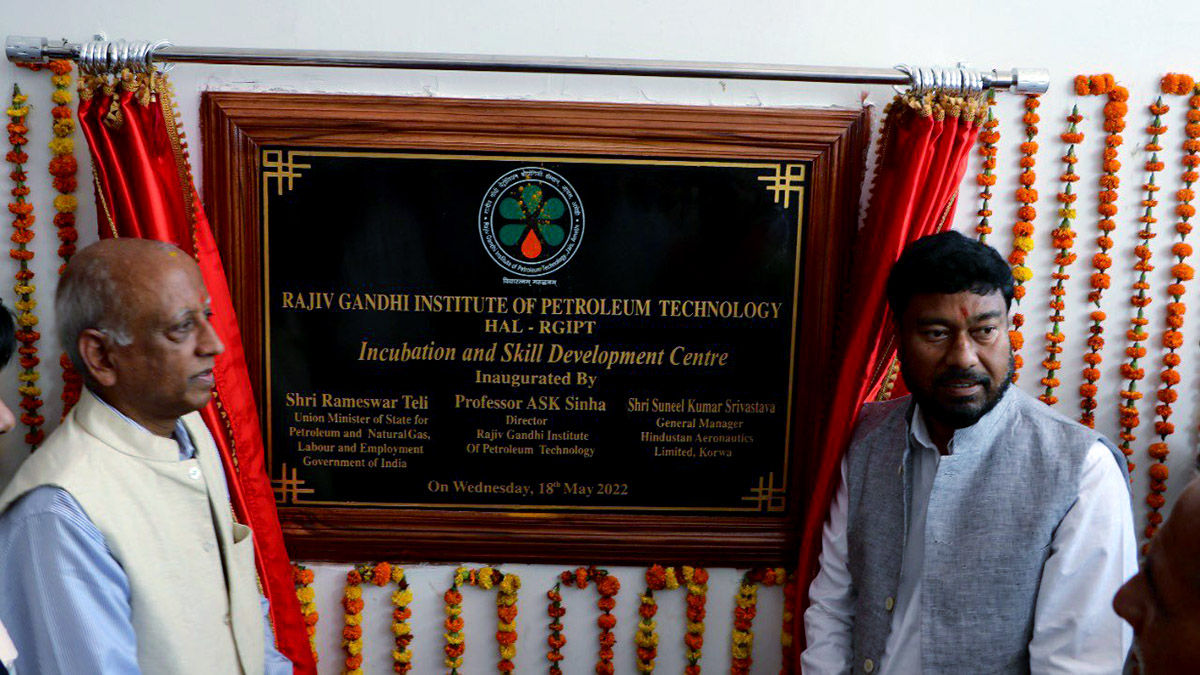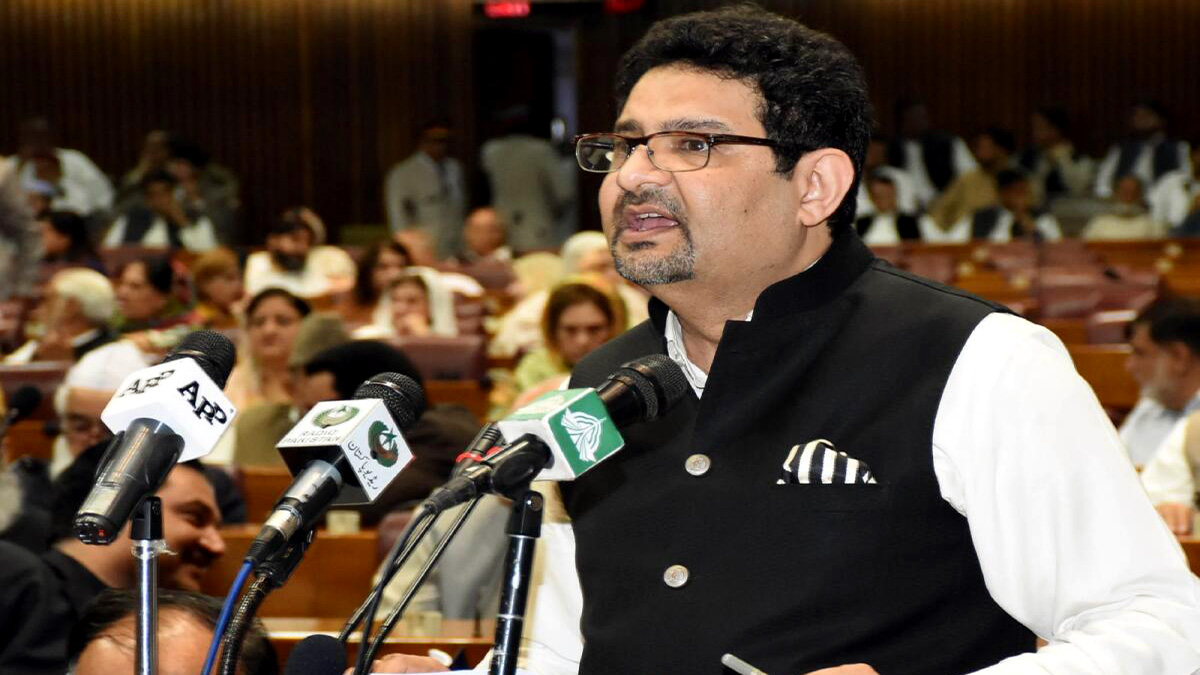Industry body ISA has sought the government’s immediate intervention to check coking coal price, which has grown three-fold to around $450 a tonne. “Coking coal prices is something, which is impacting the industry drastically and the production cost is impacted, affecting the steel prices,” Alok Sahay, Secretary-General of Indian Steel Association said during an interaction with PTI.
Indian Steel Association (ISA) represents the domestic steel industry.
Explaining the situation, Sahay said the price of coking coal used to be in the range of $120-130 per tonne around a year back.
In March 2022, coking coal prices had peaked at about $670 per tonne, he added.
At the current price range, the industry expert said, the cost of coking coal alone in steel making is around ₹28,000 to ₹30,000 per tonne, which works to about 40-45% of the production cost. Besides, there are other input materials like iron ore, ferroalloys, logistics, fuel costs and other fixed costs.
Sahay further noted that when crude oil prices go up, prices of petrol and diesel also go up, impacting the entire supply chain. Similarly, steel prices also rise in line with increasing coking coal rates.
However, ISA has been apprising the government since February 2022 to take a note of coking coal prices, as the association is of the view that “the price needs to be checked so that the cost of steel production can be reduced”.
Coking coal and iron ore are the two key raw materials used in steel making.
While iron ore is domestically available, for coking coal, India needs to remain dependent on imports. The country meets 85% of its coking coal requirement through imports, mainly from Australia.
ISA seeks the government’s immediate intervention to control coking coal prices, he said.
The Secretary-General suggested that “the government through bilateral talks or through a competition watchdog can look into the coal indexes, its methodology, which is the basis for imported coking coal prices so that they represent the true market situation”.
Steel is the most widely used alloy in sectors such as infrastructure, railways, tools and machinery, food processing, metro projects, automobile, construction industry etc. A rise in its prices impacts the entire value and supply chain in these sectors.








